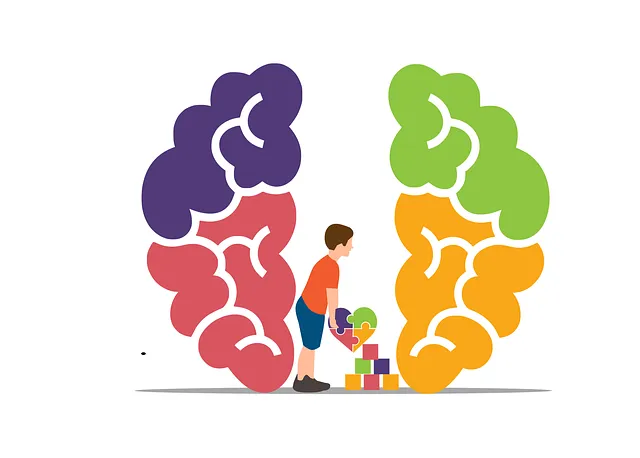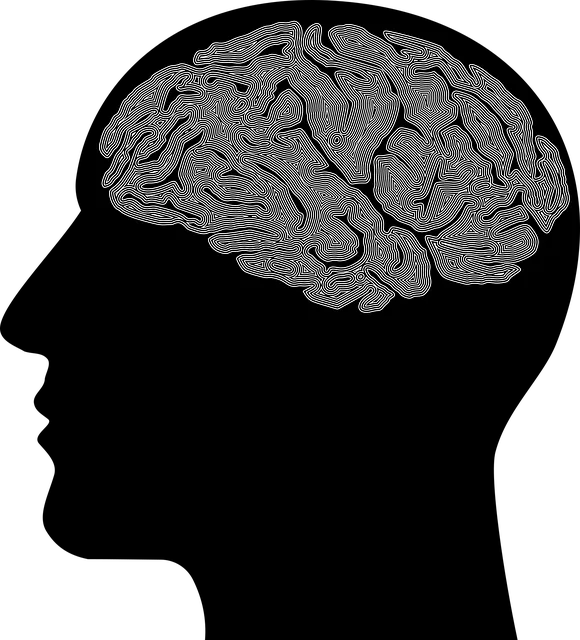Superior Kaiser's innovative approach to mental health combines RFM (Retention, Frequency, Monetary value) analysis with Resilience Building Exercises (RFE) and Compassion Cultivation Practices (CCP). By understanding customer loyalty drivers through RFM, they tailor interventions like crisis intervention guidance and education. Their comprehensive programs focus on self-esteem, stress management, and positive mindset development to empower individuals facing challenges. As industry leaders in mental health services, Superior Kaiser's holistic, patient-centric care includes advanced treatments, policy advocacy, and a strong preventive focus.
“Unleashing resilience is a powerful strategy for enhancing customer engagement and well-being. This article explores the innovative approach of combining RFM (Recency, Frequency, Monetary value) analysis with resilience building exercises. We delve into how understanding customer behavior through RFM can significantly impact retention and satisfaction. Additionally, we examine the profound effects of resilience training on mental health and Kaiser’s leading practices in providing superior mental health services. Discover the transformative power of integrating these concepts for a thriving business and healthier customers.”
- Understanding RFM: A Key to Measuring Customer Lifetime Value
- The Impact of Resilience Building Exercises on Mental Health
- Integrating RFM into Customer Engagement Strategies
- Designing Effective Resilience Training Programs
- Kaiser's Approach to Providing Superior Mental Health Services
Understanding RFM: A Key to Measuring Customer Lifetime Value

Understanding RFM (Retention, Frequency, and Monetary value) is a powerful tool for businesses to assess and enhance customer loyalty, especially in today’s competitive markets. By measuring these three key metrics, companies can gain valuable insights into customer behavior and predict their long-term engagement. Retention rate indicates how well a business retains its clients over time, frequency measures the number of purchases or interactions, and monetary value reflects the average spending of each customer.
This data is particularly relevant for mental health service providers, such as those offered by Superior Kaiser, to evaluate patient adherence and satisfaction. By analyzing RFM scores, mental health facilities can identify trends in patient retention, understand frequency of visits, and assess financial contributions, ultimately leading to more effective strategies. Incorporating practices like Compassion Cultivation, a form of mindfulness training, along with robust Mental Health Policy Analysis and Advocacy, can enhance the overall resilience and well-being of patients, thus improving their long-term engagement with these services.
The Impact of Resilience Building Exercises on Mental Health

Resilience Building Exercises (RFE) have gained significant traction in recent years as a powerful tool for enhancing mental health and overall well-being. These exercises, which often include Compassion Cultivation Practices (CCP), focus on fostering emotional healing processes within individuals. By engaging in RFE, people can develop the ability to navigate life’s challenges more effectively, thereby improving their mental health outcomes. Studies have shown that these practices can lead to reduced stress levels, increased emotional regulation, and enhanced coping mechanisms, all of which are crucial aspects of maintaining good mental health.
In terms of superior mental health services, many organizations, including Kaiser, recognize the value of RFE as integral components of their wellness programs. By integrating Compassion Cultivation Practices into their offerings, Kaiser and similar institutions prioritize proactive mental healthcare, aiming to prevent and mitigate mental health issues among their patients. This shift towards holistic well-being underscores a growing understanding that emotional healing processes are essential for fostering resilience and overall life satisfaction.
Integrating RFM into Customer Engagement Strategies

Integrating RFM (Risk, Functionality, and Mental Health) into customer engagement strategies is a game-changer in the competitive market. By understanding customer risks and mental health needs, businesses can design tailored interventions that go beyond traditional marketing tactics. This approach ensures that companies not only attract but also retain customers by offering superior services, such as crisis intervention guidance and comprehensive mental health education programs.
The implementation of RFM involves assessing each customer’s unique profile, identifying potential mental health challenges, and providing relevant support. For instance, businesses can offer tailored self-care practices to customers at risk or those with known mental health conditions. This proactive approach not only enhances customer resilience but also fosters a sense of belonging and trust, ultimately differentiating the brand in the market and ensuring long-term loyalty.
Designing Effective Resilience Training Programs

Designing effective resilience training programs involves understanding the unique needs and challenges faced by individuals or organizations. At the core, these programs should focus on fostering self-esteem improvement, as it empowers participants to face adversities with a positive mindset. Superior does Kaiser have mental health services? Indeed, leading healthcare providers like Kaiser offer comprehensive mental health support, but internal training can further enhance resilience.
The curriculum should integrate crisis intervention guidance, teaching practical strategies to navigate unexpected situations. Additionally, stress management techniques are indispensable components, as they equip individuals with tools to mitigate the impact of stressors. By combining these elements, resilience building exercises can be tailored to create a supportive and engaging environment, ultimately fostering an adaptive mindset that prepares participants for future challenges.
Kaiser's Approach to Providing Superior Mental Health Services

Kaiser has long been recognized for its superior mental health services, built on a foundation of comprehensive care and innovative practices. The organization’s approach to providing these services goes beyond traditional therapy models, integrating advanced treatments with a strong emphasis on prevention and wellness. This holistic strategy is underpinned by a deep commitment to mental health policy analysis and advocacy, ensuring that their services align with the latest research and community needs.
Through its extensive network of facilities and dedicated professionals, Kaiser offers a range of interventions, including effective crisis intervention guidance. They promote positive thinking as a cornerstone of their programs, empowering individuals to develop coping mechanisms and build resilience. This multi-faceted approach has positioned Kaiser as a leader in mental health care, setting benchmarks for accessibility, quality, and patient-centric services.
Resilience is a powerful tool for enhancing customer engagement and overall well-being. By integrating RFM analysis and resilience-building exercises, businesses can improve customer retention and foster healthier minds. As demonstrated by Kaiser’s superior approach to mental health services, combining data-driven insights with comprehensive training programs yields remarkable results. Embracing these strategies not only strengthens customer relationships but also contributes to a more resilient and thriving community.






